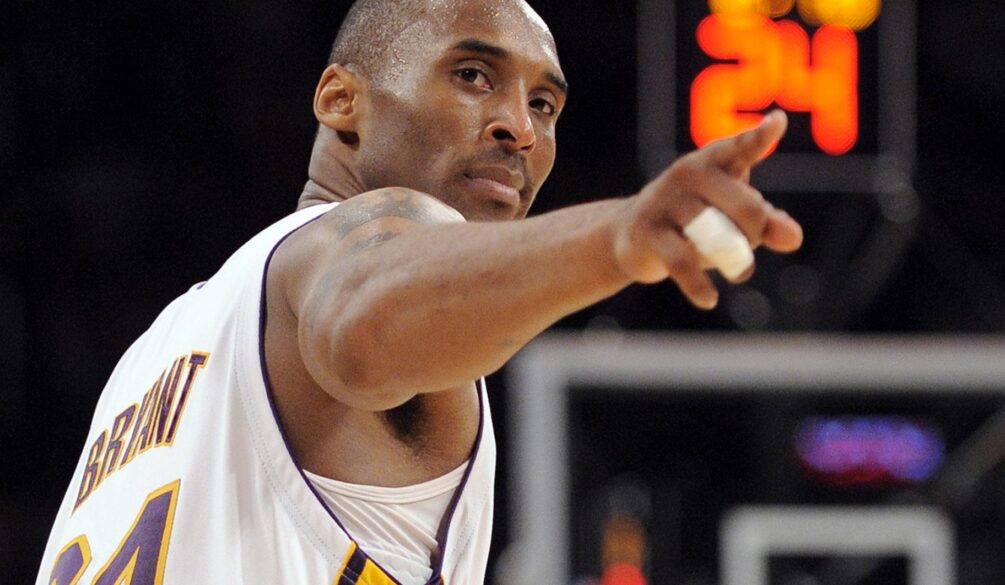24: A Reflection on Kobe Bryant
By Rev. Dr. Alise D. Barrymore
A part of me was initially confused by the depth of my pain. I was neither a diehard Kobe Bryant fan nor a faithful watcher of NBA basketball. Yet, the news about his and 13-year-old Gianna’s death was heartbreaking for me. It felt surprisingly proximal. And personal. And painful.
On one level, I am not shocked by my reaction. As a veteran pastoral leader, I am often faced with the reality and the aftermath of death. And I strive to be emotionally present with people, “mourning with those whom mourn (Romans 12:15).” In this regard, I admit that Kobe’s death was an unwelcome reminder of the frailty of human life. His fiery death boldly announced an inevitable truth: we will all die. We might be able to prolong life, but we cannot escape death. This truth alone, will bring tears to our eyes. When the death includes two fathers and their daughters, the tragic end of that special bond triggers something guttural in those of us who have lived long enough to bury our fathers. Like Jesus, we weep.
On another level, his death has caused me to acknowledge more than human mortality. His demise uncovers an aspect of my racial identity. Due to this country’s historic exploitation and strategic marginalization of Black and brown people, there is a sense in which the “success” of any African American person is often understood as a vicarious win for the entire race. We are connected by a dark history and a deep hope for a better and different future, for the next generations. When a person is a viewed as a loving family man whose determination, skill and practice propelled him into legendary sports status, it is devastating to admit that one of the few who “made it” are no longer around. It doesn’t matter if the death was an accident or an assassination, there is a deep sense that the entire race has been affected, has taken a step backward. It is also a haunting reminder that wealth will not save you; and its corollary, that the American Dream is probably a lie. In this regard, it feels like my younger cousin died. I weep.
I weep for his youngest, “Koko”, who will never know the largess nor the special love of her father.
I weep for Vanessa who has to mourn a husband and a child at the same time.
I weep for the family and friends of those who had hitched a ride with Kobe:
Alyssa, John and Keri Altobelli,
Sarah and Payton Chester,
Christiana Mauser,
Ara Zoboyan.
I weep for men who were denied space to mourn and had to dribble a ball on Sunday, instead.
I weep with all who weep…
On yet another level, I mourn the death of mastery. That is one of the things that Kobe symbolized for me. He had mastered the game of basketball. And even if you preferred another player more than Kobe, there is something to be respected by a young man who sets a personal goal and works for decades until he is at the top of the game. I salute everyone who dares to live their dreams. I commend those who invest in deep relationships with self and others. I long for all to live authentically enough to change the trajectory of history. I myself intend to invest deeply and consistently in what is most important to me. In addition to my deep devotion to both my biological family and my family of choice, I aim to preach and to teach, masterfully. Still: I mourn time lost. And I mourn people lost. I am acutely aware that far too many of my wise elders have recently died, leaving a legacy of mastery that will need to be filled in the areas of literature, music, religion, science, art, and medicine, etc. But I am also deeply saddened that far too many of my contemporaries have died prematurely. I weep for masters who have gone too soon….
I remember where I was when Michael Jackson died.
I remember where I was when Whitney Houston died.
I remember where I was when Prince died.
I remember where I was when Kobe Bryant died.
I remember.
I mourn.
I weep.

